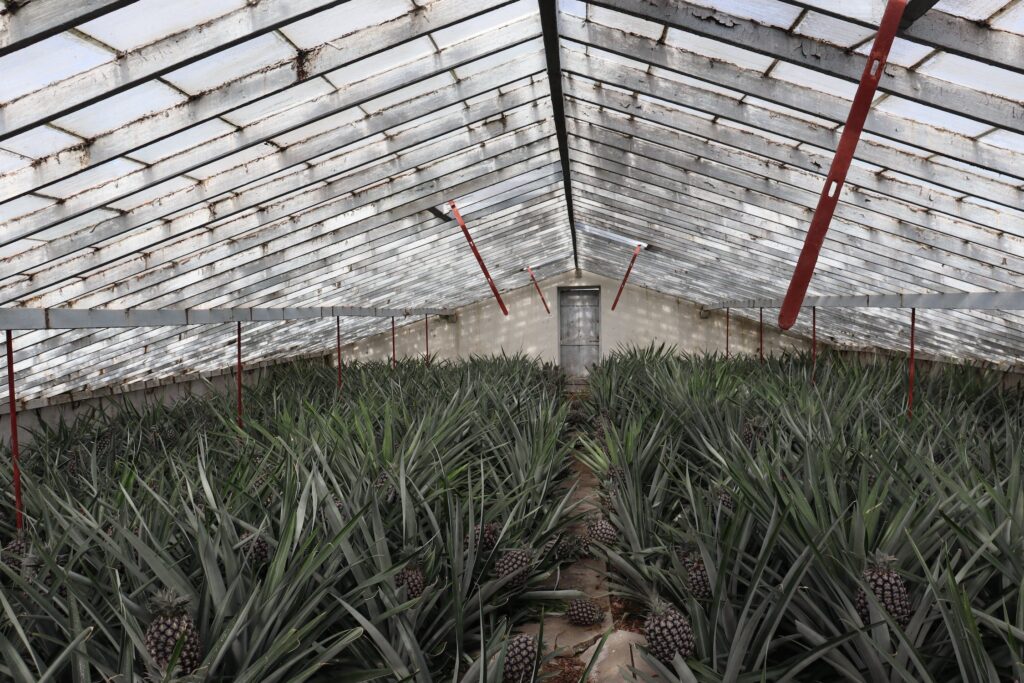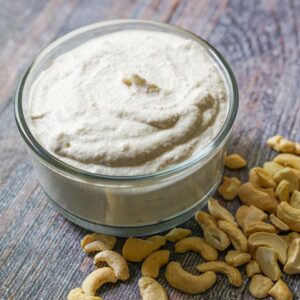Organic pineapples are quite delicious, not just because they are farmed organically, but also because they are a delicious fruit in general. It has various added health and environmental benefits that we will discuss today in detail.
The Origin of Pineapples

Starting with a little bit of history, pineapple originally belonged to the tropical regions of South America, i.e. the Amazon basin. It dates back centuries (yep!). It had been cultivated and consumed by indigenous peoples long before its discovery by European explorers. With the expansion of trade routes, they were introduced to the entire world.
Cultivating Naturally: The Organic Difference

When we say organic pineapples, this doesn’t just mean a label but also represents the sustainable practices involved in growing these. They are grown without synthetic pesticides, herbicides, or genetically modified organisms, thereby promoting healthier ecosystems and safeguarding biodiversity. Farmers, often involve sustainable practices, like crop rotation and integrated pest management, to maintain soil fertility and preserve the planet.
One obvious difference that you will see while consuming these pineapples, is the taste difference. Free from chemical residues, organic pineapples will often taste a little more intense, sweet-tangy taste that you wouldn’t feel when consuming the regular ones. The naturally enriched soil in which they grow enhances their nutritional content, contributing to their reputation as a nutrient powerhouse.
Health Benefits of Organic Pineapples

Organic pineapples are well known for their high vitamin C content, which is an essential vitamin that supports our immune system. Regular consumption of foods rich in vitamin C can help combat colds and infections while promoting overall well-being.
Consuming organic pineapples can boost your digestion. Bromelain, a natural enzyme found in pineapples, plays a pivotal role in supporting digestive health. This enzyme helps in breaking down proteins, aiding in digestion, and potentially reducing the symptoms of conditions like diabetes, indigestion, and acid reflux.
Bromelain is also known to boast anti-inflammation. Thus regular consumption of organic pineapples might help people who have inflammation-related ailments.
Sustainable and Eco-Friendly Practices

Organic pineapple farming is very sustainable and does little to no harm to the environment, especially the soil. This is ensured by less or no use of chemical-based fertilizers or pesticides.
By avoiding the use of harmful chemicals, these practices safeguard the diversity of flora and fauna in the surrounding environment, creating a harmonious relationship between agriculture and nature.
Versatile Culinary Applications

Organic pineapples can be used in various dishes. Since they have a sweet and sour flavor, they can be used in all sorts of sweet and savory recipes. Some examples include salsas, grilled pineapple skewers, and pineapple upside-down cake, the options are endless.
Pineapples are a popular choice in the world of beverages. You can often use these in your smoothies or cocktails. Their natural sweetness and acidity make them a delightful addition to refreshing drinks.
Organic pineapples have lots of health benefits and a net positive impact on the environment. You can have them dried, or maybe as juice. You can also add them to your morning breakfast, along with organic milk and organic acai fruit, the choice is yours. Make sure to incorporate a healthy diet and a good exercise routine to truly enjoy the health benefits of any food.





